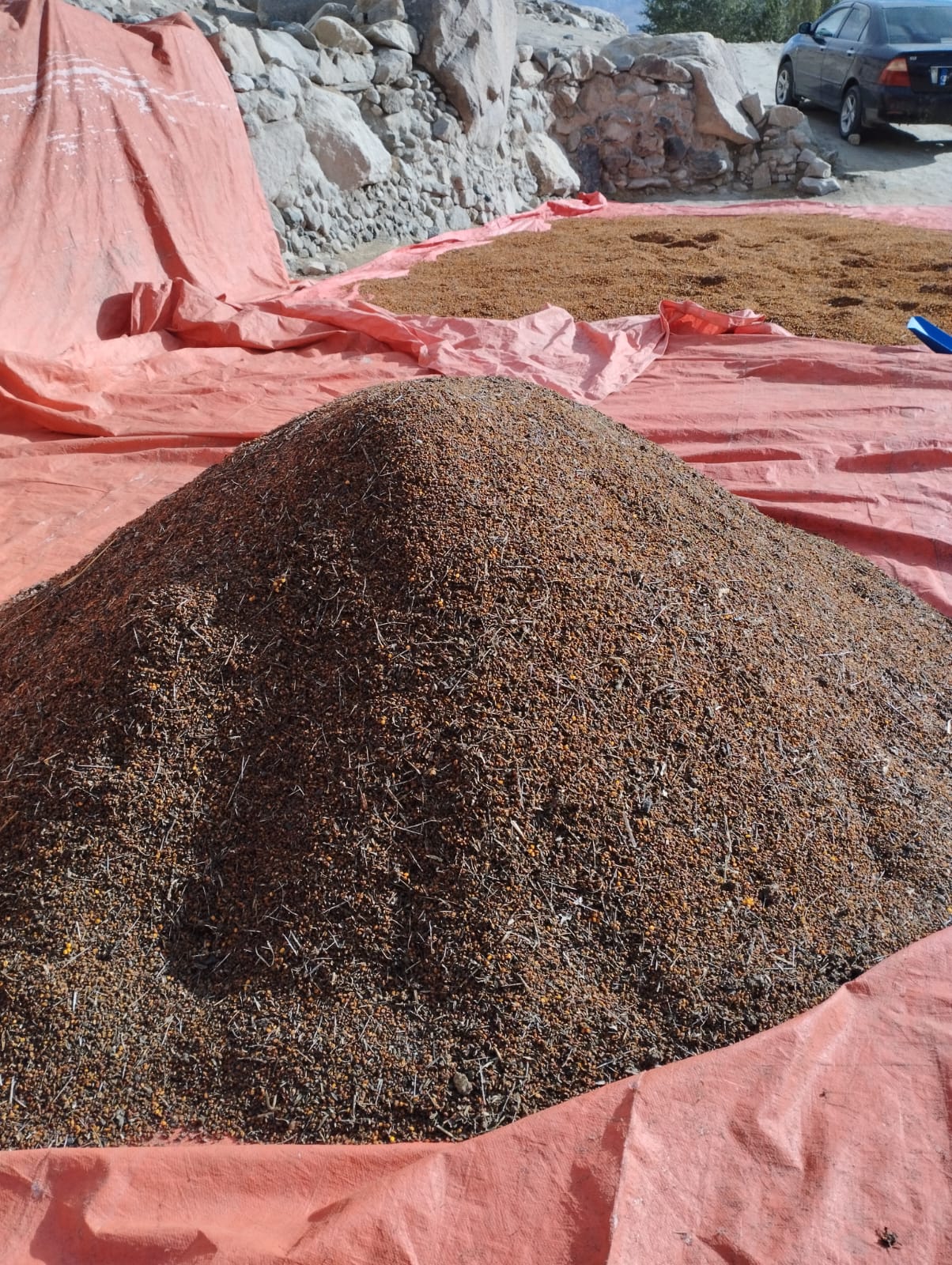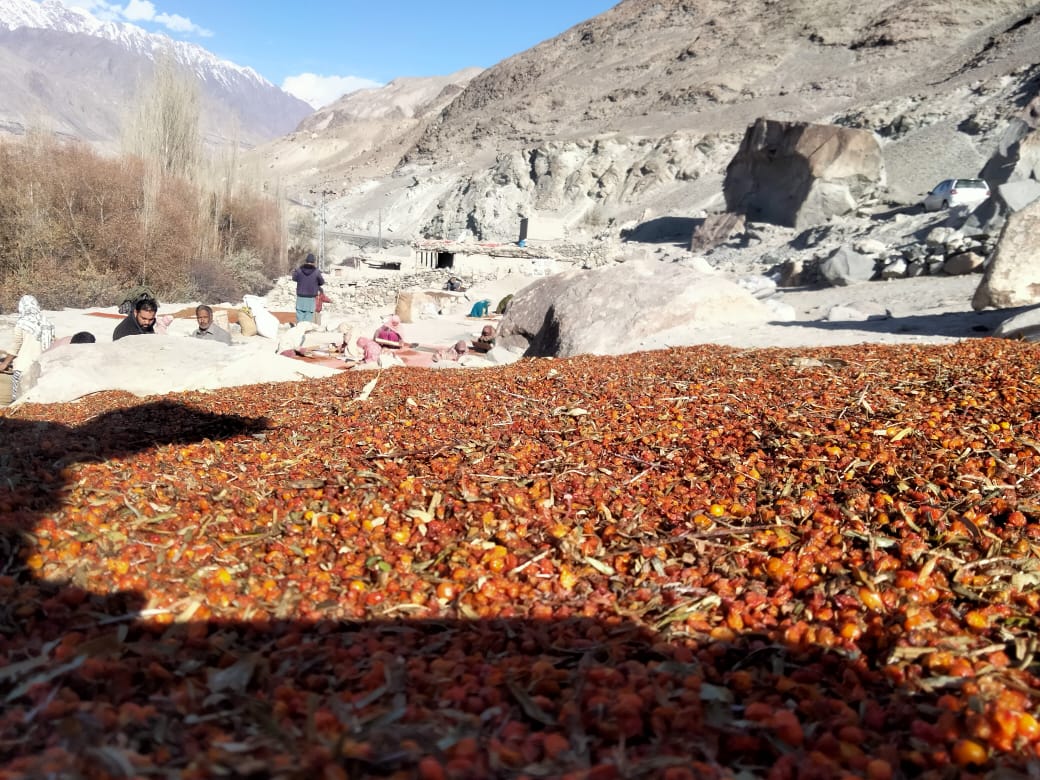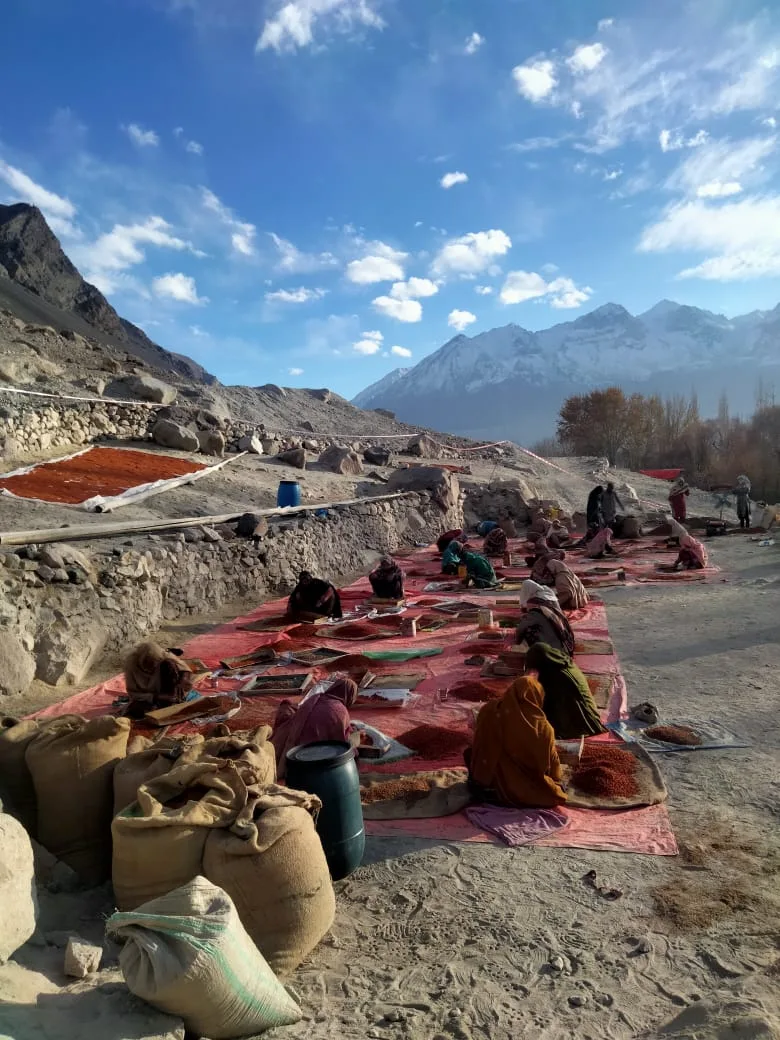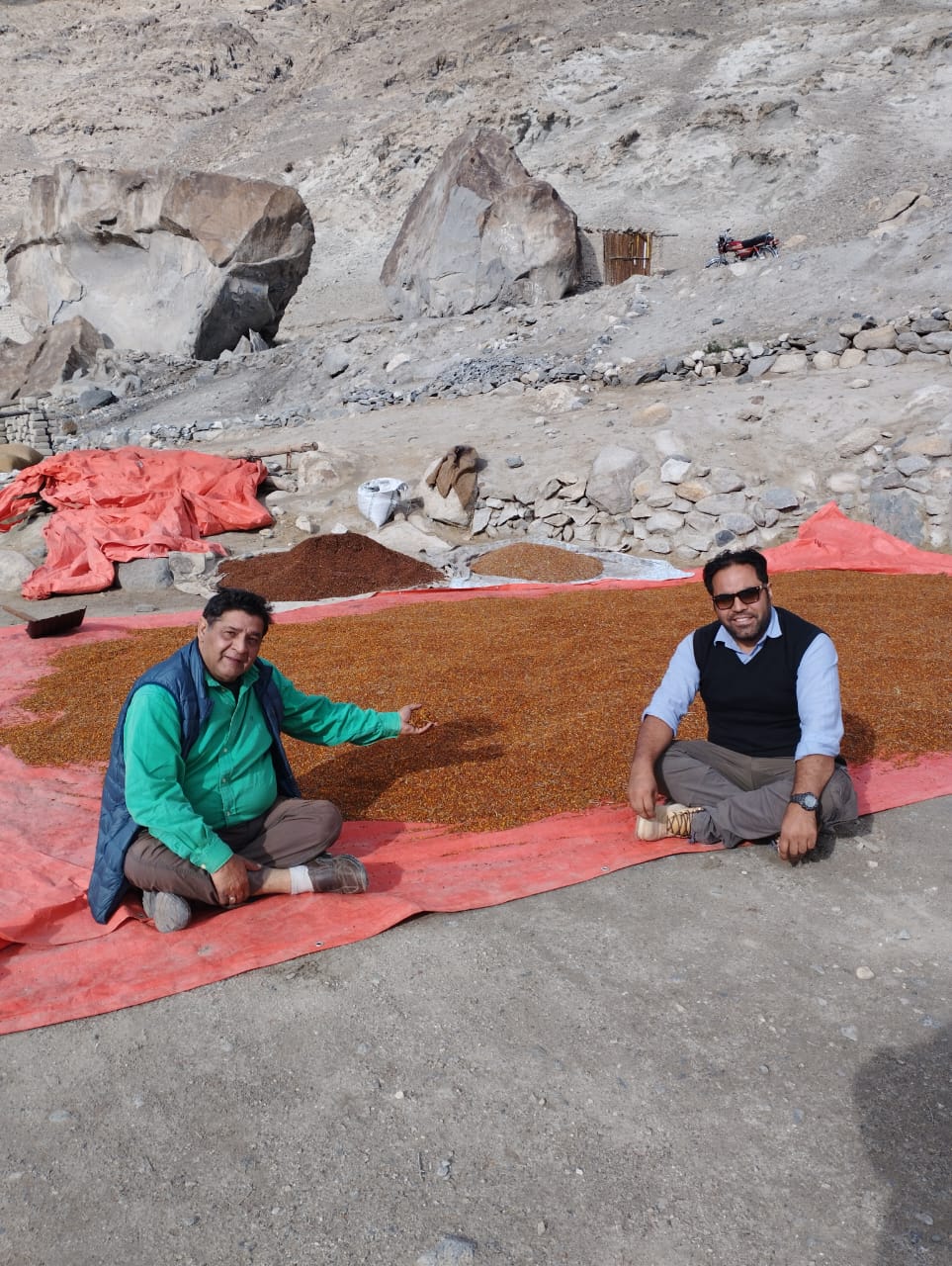By Agha Iqrar Haroon
The buzzwords like empowerment of the poorest of the poor and women empowerment, capacity building, and opportunities generating for marginalized strata of society have been used for bagging millions of dollars by non-government organizations (NGOs) in South Asia, particularly in remote areas of Pakistan. Yes, there is no doubt that some of them work excellent and with a commitment to empowering poor people but most of them immediately spend over 60 percent of donations/funds on procuring 4X4 vehicles, room-filled staff, and exceptionally high salaries of so-called experts (while audit reports are rarely shared with the public), foreign consultants, documentation and what not.
I have seen projects of installation of 10 hand pumps that were rigged and installed after buying three 4X4 jeeps, an office in a highly expensive locality with a staff of over 20 persons, and that all is called “establishment charges”. However, there are people who do not go for donations/funding but rather refuse to accept such leisure but still provide practical solutions and opportunities to the poorest of the poor and to women for earning something to support their livings under poverty-gridding lives. Such as project I recently visited deep north at Ghursay village, district of Ghanche Baltistan which is around 30 Km away from the remote town of Khaplu.

This is Siachen Foods Pakistan is owned and run by Waris Iqbal Balti, a promising young highly educated, and qualified son of the soil whose family has already earned a name for supporting the poorest of the poor by providing them job opportunities in the tourism industry. His father Iqbal Balti had dedicated his whole life to his region and he does not need any introduction if someone wishes to find him because every street and corner of Gilgit and Baltistan gives witness to his practical work for helping people spreading over a span of 40 years.

Waris Balti opted for one of the remotest areas for his project “Siachen Foods Pakistan”. This area does not offer something special for tourists within the region due to its harsh summer. In the shadow of rough, treeless lofty mountains, this project has been providing earnings to over 40 women and several men in the area. The beauty of the project is that except for Waris Balti, everybody is local and have been trained in collections of herbs, sorting them out, cleaning them, and making them ready for domestic and international market. Growing vegetables and fruits is another aspect of the project in areas where water availability is minimal and the region receives exceptionally low rainfall, therefore land is not promisingly arable.

The main product that Waris Balti is working on is “Seaberry”, also known as the “Sea buckthorn” shrub. The shrub is from the “Elaeagnaceae”. It produces orange-yellow berries that are used for producing traditional medicines for skin treatment as well as for weight loss. Sea buckthorn survives in harsh weather and this is an exceptionally hardy plant, able to withstand winter temperatures as low as −43 °C. This shrub also helps to control soil erosion and is used in land reclamation for its nitrogen-fixing properties, wildlife habitat, and soil enrichment. It grows in high-altitude mountainous regions and the growth altitude is typically between 2650 and 3700 m.

I had an opportunity to visit this place recently and got first-hand knowledge of the process of picking berries from harsh throne shrub, drying process, cleaning process, and then other steps till berries and leaves are separately ready for sending to market. Leaves of shrubs are also used for herbal medicines and herbal drinks.

When asked about this project, Waris Balti talked very candidly and honestly. I am sharing his thoughts in simple words for my readers. He said:
“Since my childhood, I saw my father and my family elders promoting our region which is in the remotest area of the north. Providing education, and finding job opportunities for marginalized people is in my blood. I spent most of my life in big cities within Pakistan and abroad and spent almost the whole of my life in hostels and in prime educational institutions of the country. The two major sources of income for our people were dry-fruit production and the tourism industry. I was just a young boy when 9/11 took place and we all knew that the tourism industry would not survive easily because our region was popular for extreme tourism and mountaineering and our client target market was West. We were right, it took decades to come out of 9/11 related law and order situation and to revive of confidence of foreigners to visit Pakistan. That was the time I always thought that we (locals) must work to enhance our skills, education, products, and economic resources otherwise we would not survive in the future so my thoughts had been always in the mountains, trying to find something that is yet not be exploited. As an educated person and engineer by profession, it was not difficult for me to find any reasonable job outside my region and I had been offered jobs in big cities like Karachi, Islamabad, and Lahore and even abroad in the Middle East and Europe, however, I decided to clinch my land and I had been since that time thinking to find broad-based economic opportunities for my people who had no such opportunities in their lives as I had. Khaplu is my first love affair so I decided to find something in and around this town and now I am so happy that I am helping people in the area and the project is also viable economically for me. Just imagine if everybody who gets a good education and financial well-being would leave his or her area and find an easy life in big cities that who would help those who are left behind economically and socially? We remember that “poorest of the poor are those who are systematically denied equal access to their family resources in rural areas because of several reasons but the most critical reason is that nobody helps them to add value and sell what they can produce”.

Spending over three hours with Waris Balti on his project and enjoying his cooking, when I left his place, I had a handbook on sustainable development with me but this book is not in the shape of paper and printing rather this book is his passionate constant and fluent talk and his ideas how he can help his fellow hood.

I am sure Pakistan has a promising future under this new generation that is far better than our generation who had been compromised, pessimists and think only of the wellbeing of our families. We as journalists and writers should find such stars who are somewhere beyond our reach instead of wasting time promoting those who are greedy for their promotion—the Superclass of the country.
